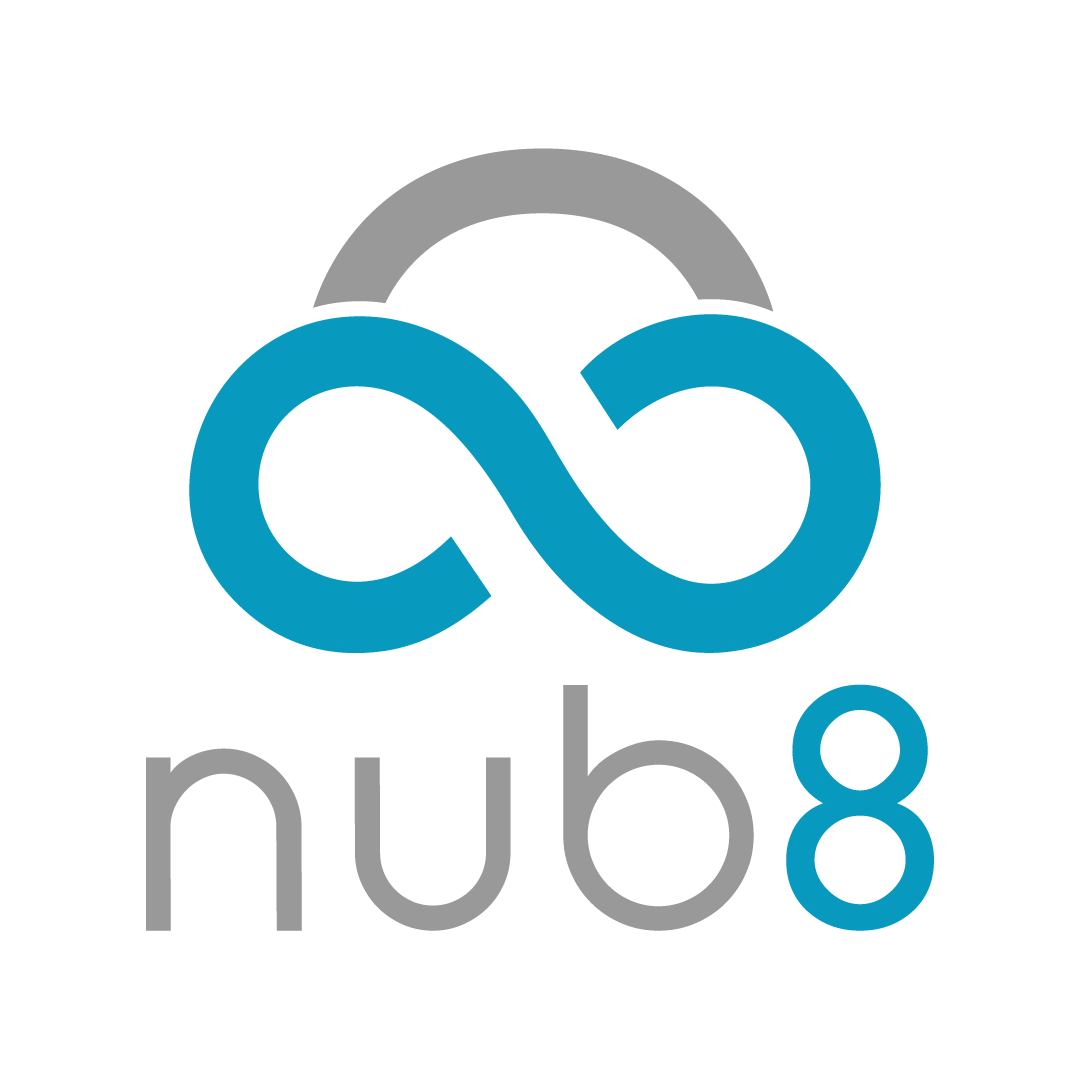Cloud monitoring uses automated, semi-automated and manual processes and tools to plan, manage, monitoring, tracking and evaluating cloud computing architecture, infrastructure, and services. Following are some of the main challenges that are faced related to Cloud Monitoring tools.
1. Multiple cloud providers
Many organizations decide to follow multi-cloud strategies because of the flexibility and scalability this approach promises. However, the biggest advantage of the cloud also turns out to be one of its biggest disadvantages. So monitoring multiple Cloud Providers as consolidated view is a very challenging area. So essentially, multi-cloud has introduced new challenges for enterprise IT. As complexity increases — as it certainly does with multi-cloud — monitoring what is happening in all the diverse cloud environments becomes much more tough.
2. Hybrid infrastructure
The progress of cloud and the decline of the data center is an enterprise reality. By 2020, Gartner forecasts companies will spend about the same amount of money on cloud, hosting and traditional infrastructure services. Corporate want agility and flexibility and don’t need the trouble and expense of keeping tailored, on-premises data centers, which is why most corporates will want some sort of cloud solution. A hybrid infrastructure is comprising of a combination of on-premises data centers, private clouds and/or public clouds. Enterprise systems and applications can be deployed on any of these environments, depending on the planned business need, the strategic requirements and the required outcome. Most companies are looking for monitoring of On-premises, hybrid, and cloud infrastructure from the same platform for Infrastructure tracking. It is one of the biggest challenges in modern cloud monitoring tools.
3. Lack of Skills
Today 40% of Corporate consider themselves multi-cloud users, having two or more cloud service providers for their Corporate, according to a survey by Kentik. One-third of Corporate have a hybrid-cloud environment, with at least one cloud service provider and some type of traditional infrastructure that is company-owned, co-located, or a third-party data center.
Despite growth in adoption, a cloud skills gap still exists. Now, firms hunt for candidates with more specialized skills in Cloud Monitoring tools related to Multi Cloud and Hybrid platforms. The tight labor market and the rapidly changing technology make it hard for enterprises to find staff with the good Cloud Monitoring skills they need.
Nub8 operates cloud in the desired target environment smoothly and securely. Moreover, Nub8 accompanies you and your IT department with high-end consulting from conception to implementation and efficient operation of globally distributed monitoring platforms covering following areas:
• Infrastructure Monitoring
• Application Monitoring
• Container Monitoring
• Serverless Monitoring
• CI/CD Monitoring
